When you stroll through the skincare section of Sephora or Ulta, there’s a high chance you’ll see loads of products flashing that they’re formulated with hyaluronic acid. But do you actually know what hyaluronic acid is, what it’s used for, and why it’s so amazing? Keep reading to learn everything you need to know about this all-star skincare ingredient.
What is hyaluronic acid?
Hyaluronic acid (or HA for short) is a sugar molecule that is naturally present in the skin, with the greatest concentrations found in your skin, connective tissue, and eyes. It helps to hold in moisture, so we can have plump-looking and hydrated skin. In fact, it can actually hold up to a thousand times its weight in water! It also has the ability to regulate the moisture within our derma cells.
Unfortunately for us, as we age, our levels of HA decrease, which means our skin dries out easier and can become saggy. If you’re looking to help reverse the signs of aging, HA should be incorporated into your skincare regimen. And since it is found naturally in our bodies, any skin type including sensitive skin types can use it!
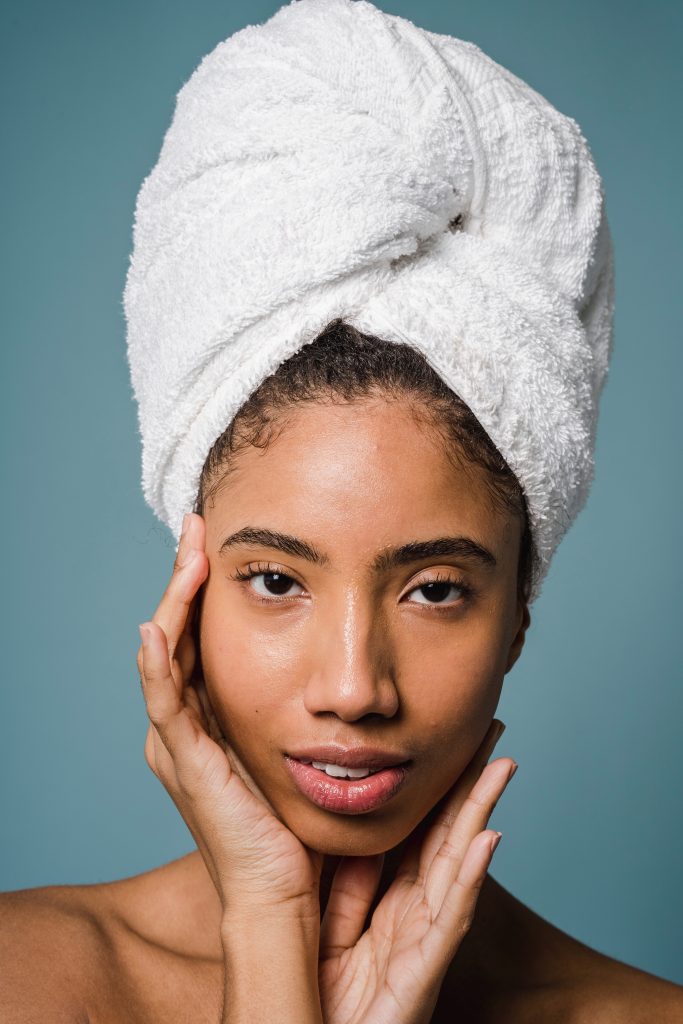
What are the benefits of HA?
Hyaluronic acid is super versatile and even boasts benefits you may not even know!
- First and foremost, HA works as a humectant to retain skin moisture. This helps keep the skin hydrated all day long to reveal a plump look.
- As our skin aging, the production of hyaluronic acid starts to decrease. This can lead to lines, wrinkles, and even sagging. External environmental factors such as pollution, sun exposure, and tobacco smoke can also play into skin aging and decreasing levels of HA. Using it regularly will hydrate your skin and will make it appear younger because it helps to improve elasticity and reduce wrinkles appearance!
- HA can actually help with wound healing. Yep, you read that right. Research shows that hyaluronic acid regulates inflammation and sends signals to our bodies to send more blood vessels. This means that HA can help with wound healing, inflammation, scarring, and acne. It also has antibacterial properties to help reduce the risks of infections if applied to an open skin wounds.
- Research also shows that HA contains antioxidant properties to act as a shield against free radicals in the environment such as pollution.
- It also has a ton of internal health benefits as well. It can help soothe joint pain by keeping the space between your bones lubricated. If you take HA supplements, it can help soothe symptoms of acid reflux. Eye drops containing HA can relieve dry eye and discomfort. It’s basically a miracle worker.
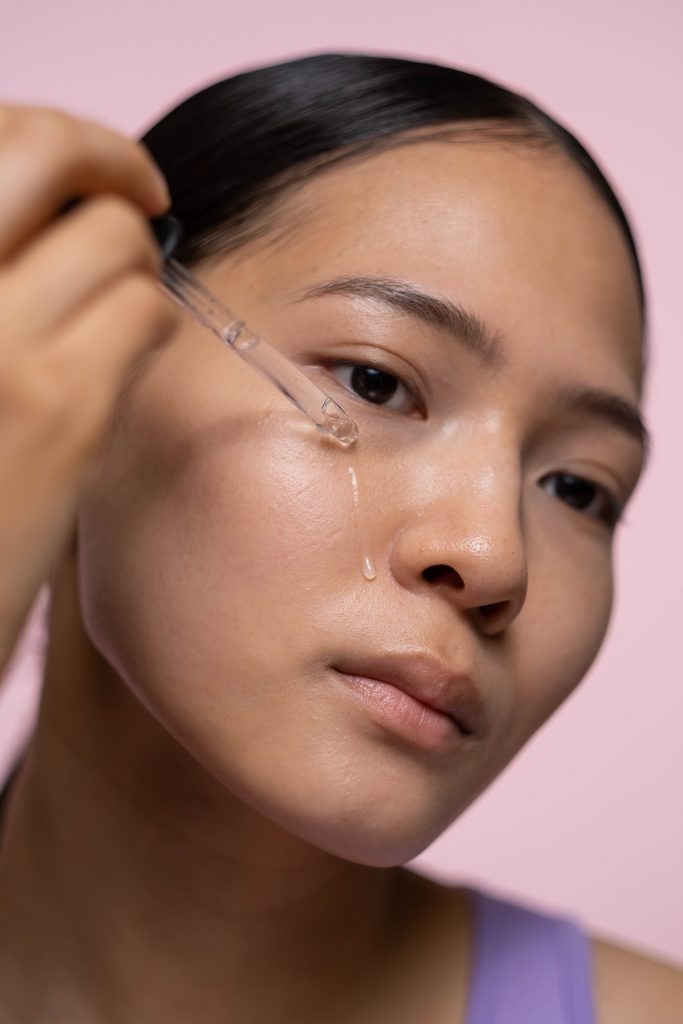
Is it safe to use?
Since hyaluronic acid occurs naturally in our skin layers, it’s considered generally safe to use—especially topically. This is also because hyaluronic acid doesn’t strip our skin like other harsh acids such as salicylic acid. Like with any skincare ingredient, there may be chances of an allergic reaction or irritation. To be sure that HA wont create any adverse effects, just simply do a patch test before applying it to your entire face.
How do I use hyaluronic acid?
There are actually three main ways to use hyaluronic acid—topically, injected, and orally.
Topically
Applying skincare products that include hyaluronic acid topically brings water molecules to the surface level of your skin due to its ability to retain water. This will help keep your skin moisturized all day long. It will also make your skin appear dewy and even younger since it helps with elasticity. Since hyaluronic acid is a powerful ingredient, you really only need to use one product in your routine that contains it. Most products that include HA are creams and serums. If you have dry skin, opt for a cream moisturizer that contains HA. If you fall on the oily side, a serum with the ingredient will be your best bet.
The best way to apply hyaluronic acid is to damp skin. When you first start using it, start slow by only applying once a day. If you really like it, feel free to apply it in the morning and evening.
Hyaluronic acid is also beneficial for gum disease, wound healing following dental procedures, and the treatment of ulcers when applied topically in the mouth.
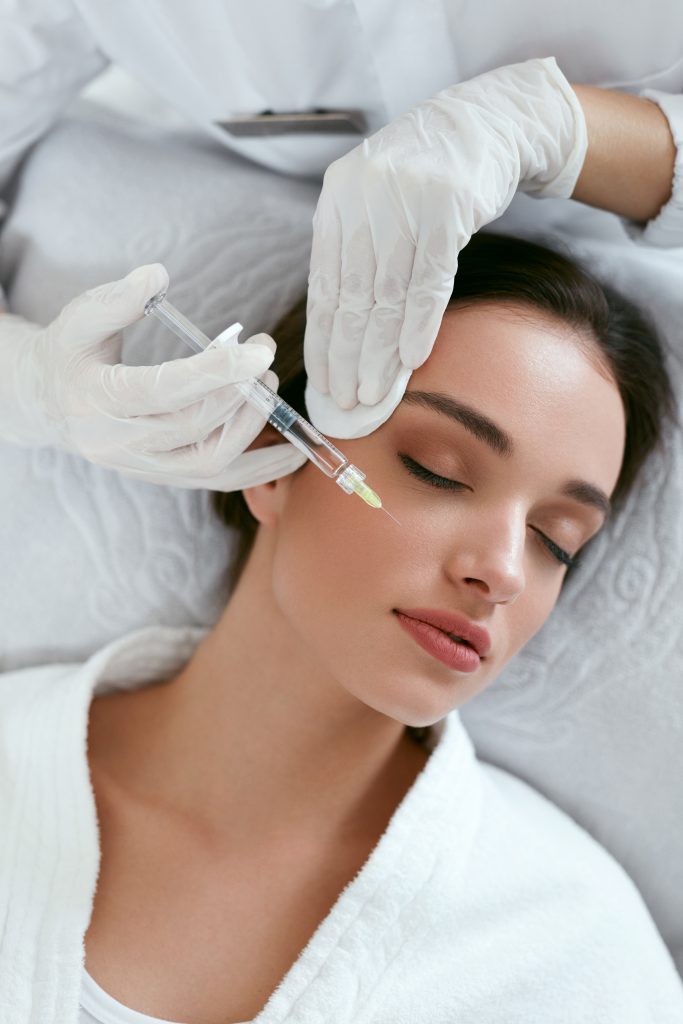
Injections
What you may not have known is that many modern-day fillers are actually hyaluronic acid fillers created to add volume and bounce to the skin. Common hyaluronic acid fillers such as Juvéderm and Restylane use a gel form of HA that smooths fine lines and plumps up the skin.
Hyaluronic acid can also be injected directly to help reduce pain in joints. Unlike using hyaluronic acid topically, Hyaluronic acid injection may not be right for everyone so it’s super important that you consult with a cosmetic doctor first. Injecting anything below the skin can come with risks and may produce adverse allergic reactions in some cases. A cosmetic doctor (ahem, not an esthetician or beauty spa) will be able to consult with you about the risks and help you figure out if hyaluronic injections are right for you.
Orally
Taking hyaluronic acid supplements is another very popular way to reap its benefits. Hyaluronic acid supplements may help reduce the signs of aging and improve skin hydration from within. Taking HA supplements is said to help with symptoms of arthritis, pain relief after surgery or injury.
Taking hyaluronic acid and chondroitin sulfate supplement, in conjunction with an acid-reducing drug, helped reduce reflux symptoms according to one research.
There's also evidence that cancer cells are susceptible to hyaluronic acid, and taking supplements might help them grow faster. As a result, it is generally suggested that individuals with cancer or who have previously had cancer avoid using HA supplements.
But just like anything else out there, hyaluronic supplements don’t work for everyone so always consult a doctor before using them. Always start slow when introducing any new supplement into your life—especially if you have an existing medical condition that could interfere with the ingredients in HA supplements.
Skincare products with hyaluronic acid
If you’re ready to start incorporating the hyaluronic acid product into your skincare routine, here are some great products to consider!
Hyaluronic acid Serums
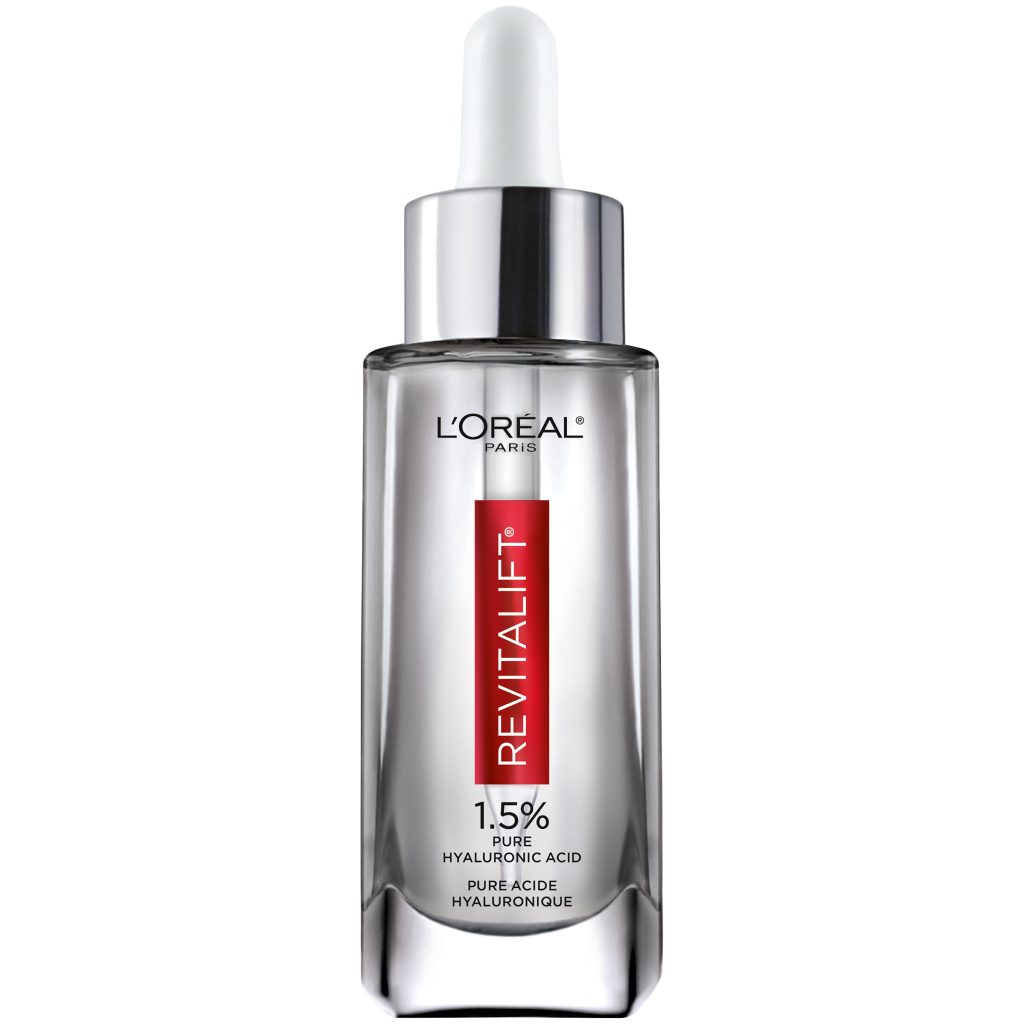
L’Oréal Paris Revitalift 1.5% Pure Hyaluronic Acid Serum
This plumping serum is free of fragrances, mineral oils, parabens, and synthetic dyes so you can feel good about slathering it all over your skin.
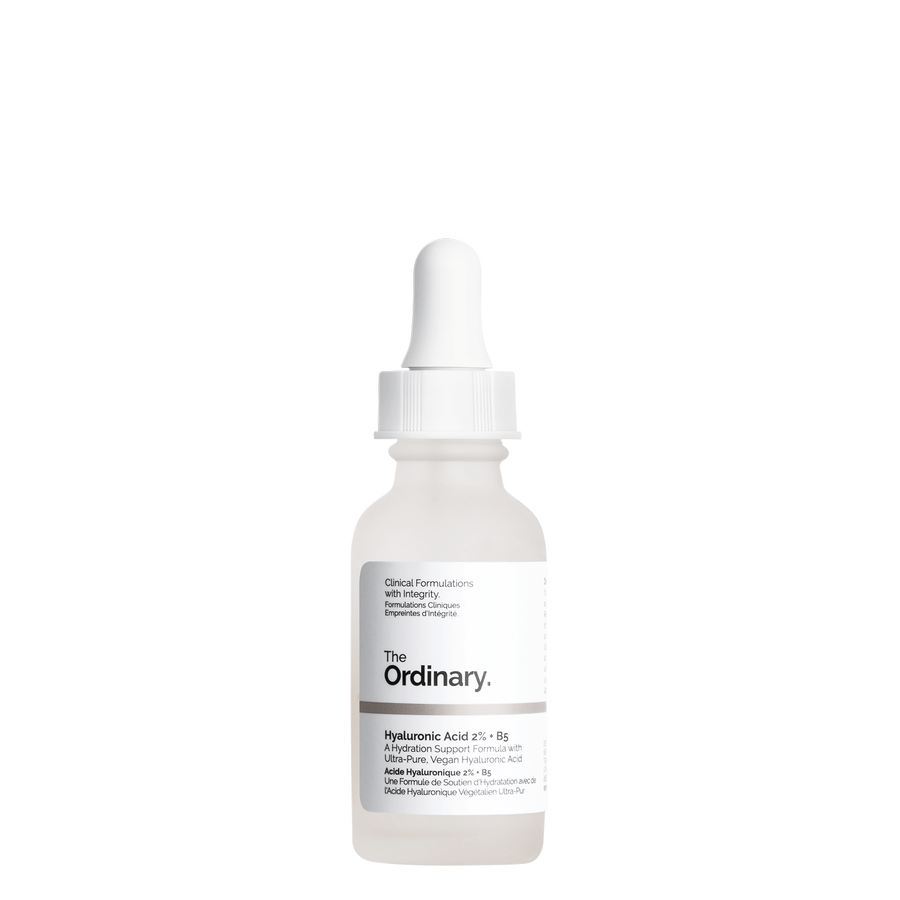
The Ordinary Hyaluronic Acid 2%
The Ordinary’s HA serum is a bang for your buck coming in under $7! It won’t irritate you or clog your pores. Plus, it’s vegan!
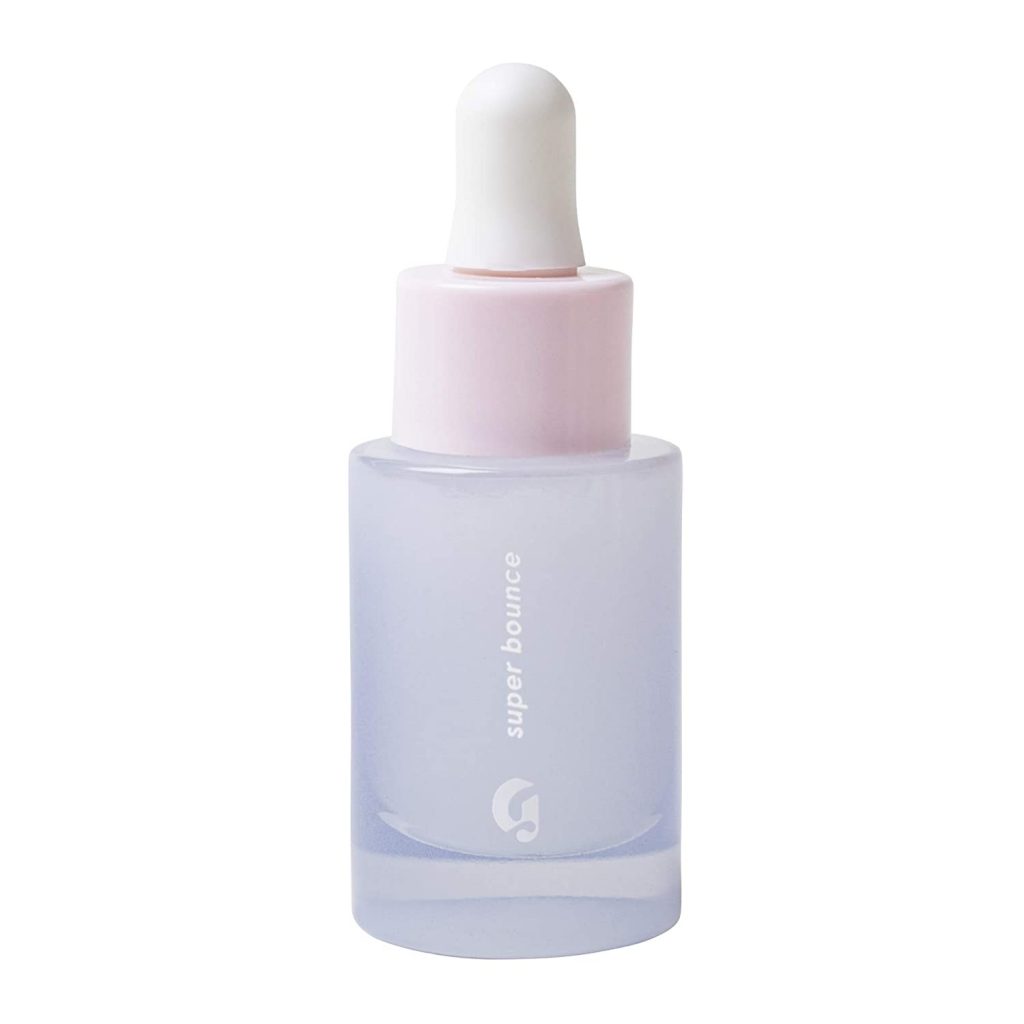
Glossier Super Bounce
Super Bounce boasts a 2% HA formula that also includes vitamin B5 for hydrated, healthy-looking skin.
Hyaluronic acid Creams
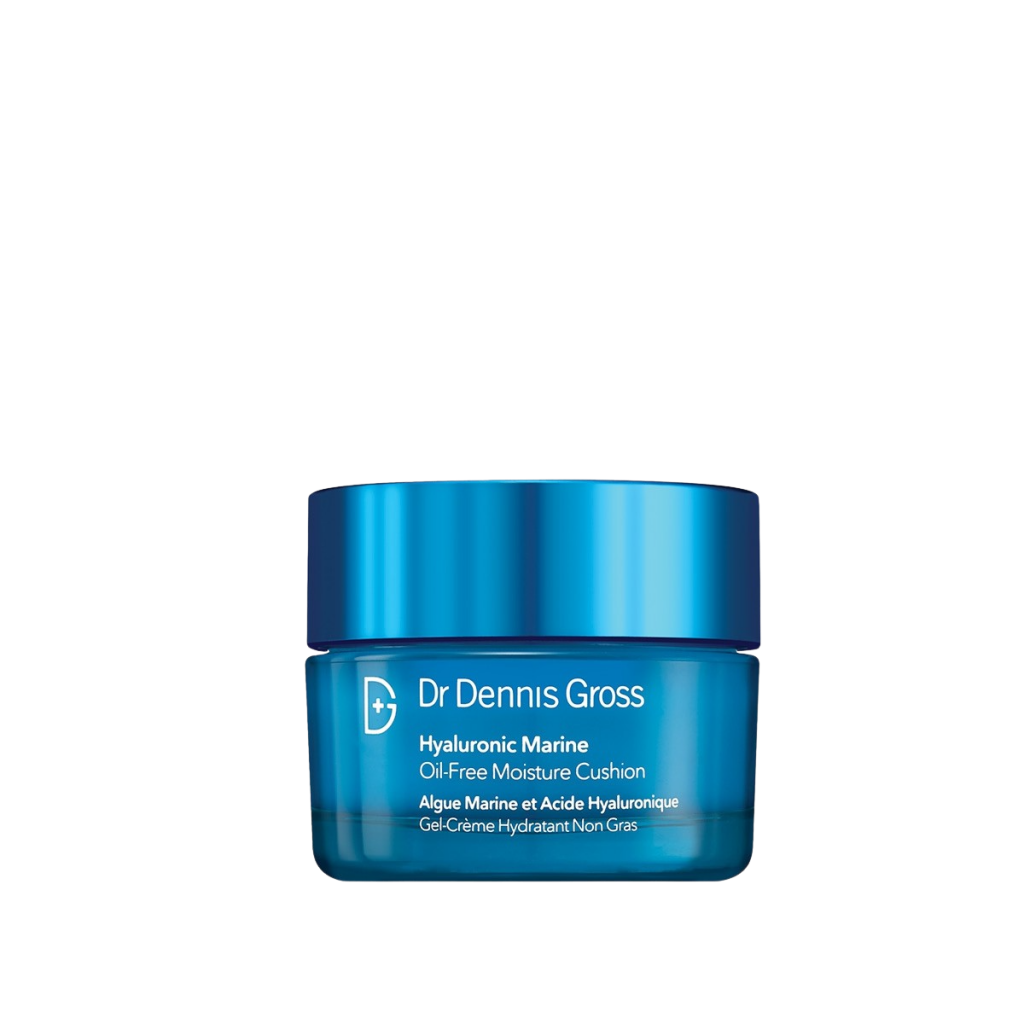
Dr Dennis Gross Hyaluronic Marine Moisture Cushion
If you are more oily type, this is a great moisturizer option for you. It’s oil-free and has a gel-cream texture that isn’t too heavy.
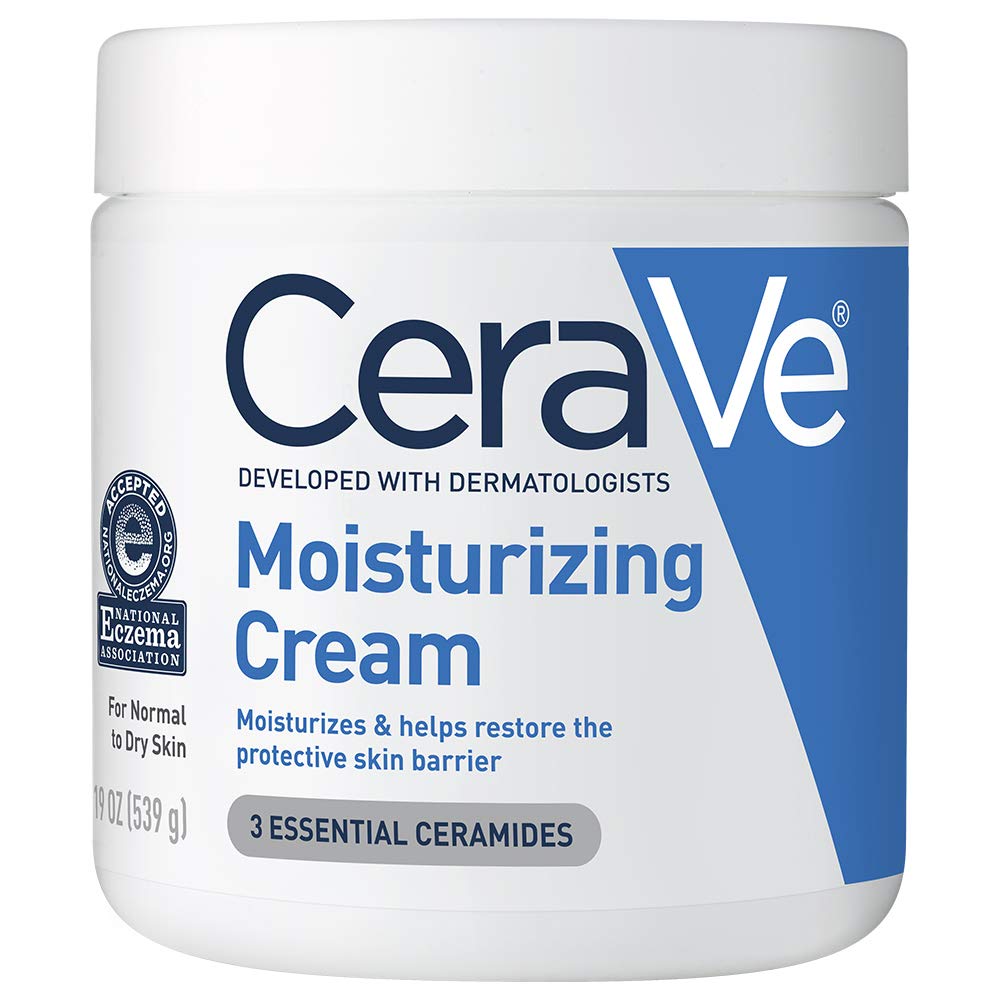
CeraVe Moisturizing Cream
This moisturizer combines hyaluronic acid and ceramides to provide all-day hydration. It’s also fragrance and oil-free which makes it perfect for sensitive skin.
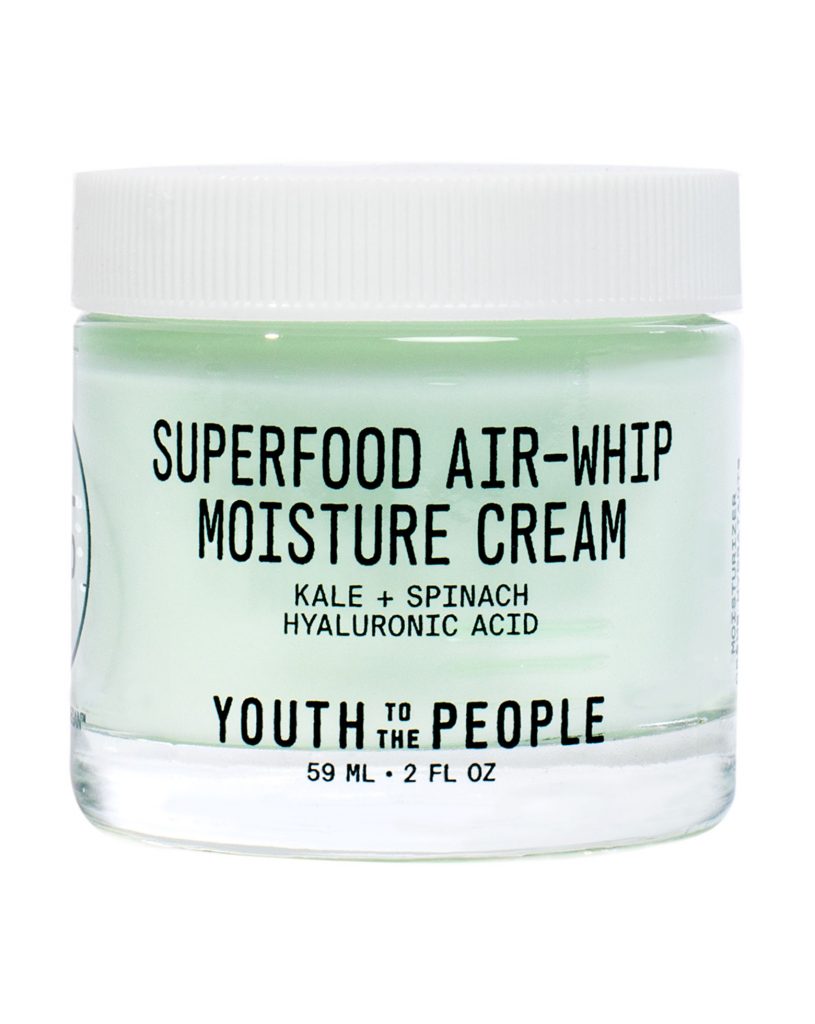
Youth To The People Superfood Air-Whip Moisturizer
This clean, lightweight moisturizer is formulated with HA and superfoods such as kale and green tea to provide long-lasting hydration and suppleness!
FAQ
What does hyaluronic acid do to your skin?
Hyaluronic acid acts as a hydration magnet, pulling moisture to the skin. It can help reduce fine lines and wrinkles by filling in deep creases with its water-binding capacity. Hyaluronic acid's ability to hold 1000x it's weight in water makes Hyaluronic acid one of the best ingredients to help plump up wrinkles, reduce dark circles and puffiness under your eyes. Hyaluronic Acid also helps improve skin's texture with its ability to attract moisture into the surface layers of the skin giving it a more radiant look!
What is hyaluronic acid?
HA is a powerful hydrator that can hold up to 1000 times its weight in water. It’s naturally found throughout the human body, but diminishes with age and exposure to sun damage. HA also provides the structure for your skin cells and plays an important role in tissue repair!
Is it OK to use hyaluronic acid every day?
HA can be used on a daily basis, but it’s important to make sure you use the correct strength based on your skin type. Hyaluronic Acid which is available in serums and moisturizers should only be applied once or twice per day in order to not overwhelm your skin with too much hydrating power!
Can I use Hyaluronic Acid while pregnant?
The effects of hyaluronic acid on pregnancy or breastfeeding have not been extensively researched, so it is important that you talk to a doctor before taking HA supplements.
Why is hyaluronic acid good for your face?
HA is good for your face because Hyaluronic acid works to plump up fine lines and wrinkles, reducing the appearance of dark circles under eyes. Hyalulronic Acid also helps improve skin’s texture with its ability to attract moisture into the surface layers of the skin giving it a more radiant look!
What are some benefits of Hyaluronic acid?
HA provides long-lasting hydration that can last throughout your day. HA is also great for soothing and calming down your skin! HA can be found in serums, moisturizers and hydrating mists.
How does Hyaluronic Acid work?
HA works by binding moisture to the surface of your skin which makes it a powerful humectant. This results in plumping up fine lines and wrinkles reducing dark circles under eyes as well as improving skin’s texture with its ability to attract moisture into the surface layers of the skin giving it a more radiant look! HA helps maintain hydration throughout the day so you feel fresh all day long while preventing transepidermal water loss.
***This article is not meant to provide medical advice. If you have any questions regarding using HA, please speak with your doctor first.
**This article contains affiliate links.





